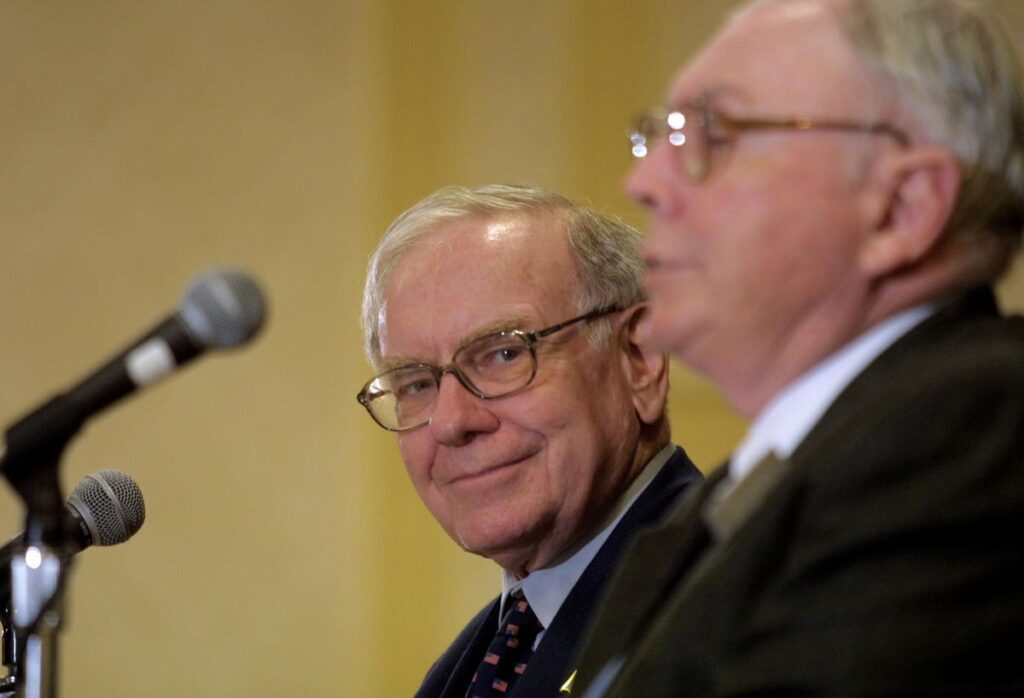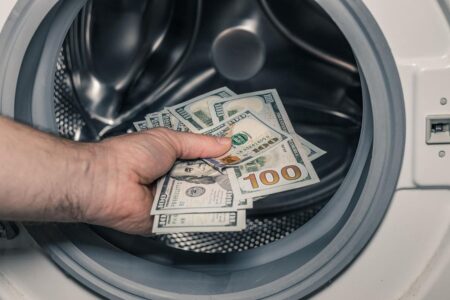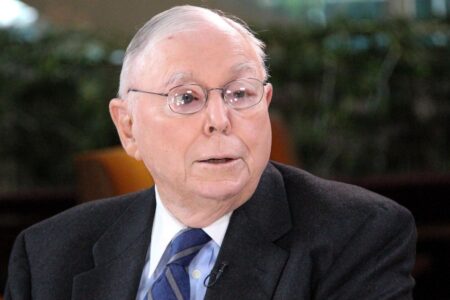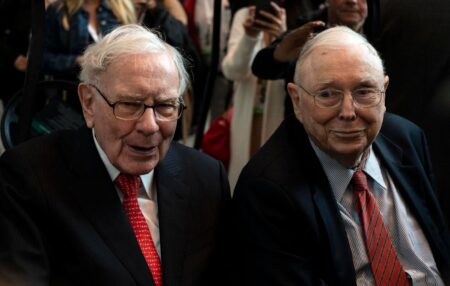Berkshire Hathaway’s (BRK/A, BRK/B) second-quarter 2023 13F was filed on August 14. This filing gives us a quarterly opportunity to observe what two of the greatest investors, Warren Buffett and Charlie Munger, and their team are doing within Berkshire’s publicly traded equity portfolio. Berkshire has a large stable of wholly-owned entities, so this is just a slice of their investments. Berkshire’s second-quarter earnings were reported in early August, and information about the extensive portfolio of wholly-owned operating companies is available here.
Berkshire’s $348 billion very concentrated investment portfolio consists of 48 companies, unchanged from last quarter. Berkshire was a net seller of about $8 billion in stocks during the quarter. The top 5 holdings account for over 79% of the total portfolio. The top five holdings, in order of the size of holding, are Apple
AAPL
BAC
AXP
KO
CVX
CVX
OXY
UPS
Because the 13F does not include international stocks, Berkshire Hathaway initially announced the acquisition of about 5% of five Japanese trading companies at the end of August 2020. These holdings are Itochu Corp., Marubeni Corp., Mitsubishi Corp., Mitsui & Co. Ltd., and Sumitomo Corp. Buffett revealed in April 2023 that Berkshire increased its stakes in these companies to 7.4%. Buffett indicated that these were intended to be long-term holdings, and Berkshire may still increase its stake to 9.9%.
This analysis looks at the Berkshire portfolio across a host of measures, including 12-month forward estimated: price-to-earnings (P/E), price-to-sales (P/S), return-on-equity (ROE), enterprise value-to-earnings before interest, taxes, depreciation, and amortization (EV/EBITDA), price-to-book (P/B), dividend yield, current debt-to-EBITDA, current free cash flow yield, current operating margin, and long-term earnings-per-share growth consensus estimates.
Overall, the portfolio analysis reflects a cheaper price-tp-earnings valuation than the S&P 500 while having better profitability as measured by return on equity and operating margin with lower debt levels. The long-term (next 3 to 5 years) consensus earnings-per-share growth rate is expected to be lower than the S&P 500. Buffett’s preference for high-quality companies that generate significant cash flows is clear from the better profitability metrics combined with a superior free cash flow yield.
A trio of new holdings was added in the second quarter, all homebuilders. Berkshire purchased shares of DR Horton (DHI), NVR (NVR), and Lennar Class B (LEN/B). For Berkshire, this was a relatively small investment into the homebuilding industry at less than 0.25% of the total publicly traded stock portfolio with a total value of about $814 million. Berkshire controls several housing-related businesses like Clayton Homes, Shaw, Johns Manville, Acme Building Products, Benjamin Moore, and MiTek, which posted lower quarterly and year-to-date earnings in the second quarter. Berkshire noted in the earnings release that the impact of higher interest rates on home construction means that “some of our businesses will experience comparative declines in revenues and earnings over the remainder of 2023.” In addition, Berkshire Hathaway HomeServices (BHHS), the country’s largest residential real estate brokerage firm, posted results showing the slowdown in housing activity remains evident, with a 59.5% decline in second-quarter net earnings versus 2022.
McKesson (MCK), Marsh & McLennan (MMC), and Vitesse Energy (VTS) were eliminated from the portfolio in the quarter. Vitesse Energy (VTS) was a spin-off from their holding in Jefferies Financial (JEF) in the first quarter. McKesson was trimmed in the previous two quarters.
Berkshire reduced its holdings of Chevron (CVX), Activision Blizzard (ATVI), General Motors (GM), Celanese (CE), and Globe Life (GL). All these stocks, except Globe Life, were also reduced in the previous quarter. Buffett discussed the Activision holding at last year’s Berkshire annual meeting and noted that it was a merger arbitrage opportunity, betting that Microsoft would complete the acquisition. Microsoft (MSFT) announced a deal to buy Activision for $95.00 per share in cash on January 18, 2022.
The Chevron holding has been trimmed for three straight quarters. Despite the sales, Chevron remains Berkshire’s fifth-largest publicly traded holding, worth over $19 billion. More Occidental Petroleum shares were acquired, so Berkshire’s overall exposure to the energy sector as a percentage of the portfolio increased.
Berkshire added to its Occidental Petroleum (OXY) and Capital One Financial (COF) holdings. Berkshire first acquired some Capital One shares last quarter, and the purchase was notable because Buffett had been reducing or eliminating Berkshire’s stake in several banks in previous quarters.
Berkshire was a net seller of stocks in its publicly traded portfolio in the second quarter. Notably, there were three new purchases in the shares of homebuilders. Despite the reduction in the Chevron holding, Berkshire’s wager on oil prices remains significant, with more than $32 billion invested in energy stocks and more than double the weight in the S&P 500. Apple remains the most extensive holding, worth almost $178 billion and comprising over half of Berkshire’s publicly traded stock portfolio.
Read the full article here













